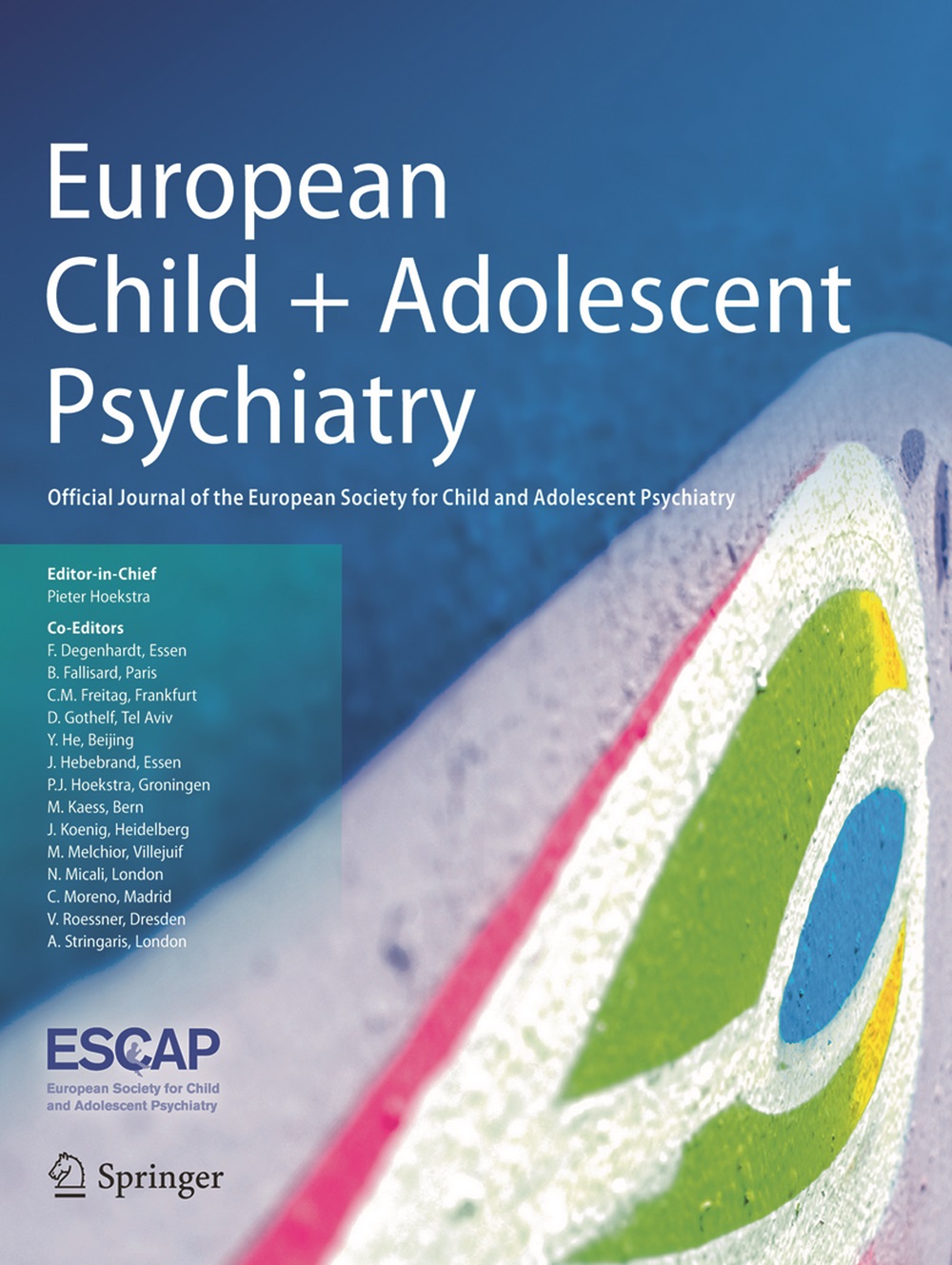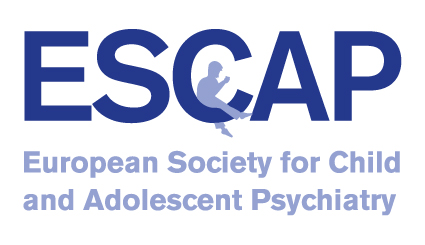ESCAP's purpose is to promote the mental health and wellbeing of children, adolescents and their families throughout Europe. To do so, we are constantly working on initiatives based on research, clinical and policy, as well as organising events and educational programs to nurture child and adolescent psychiatry at all levels. Also check out our News Section.

Aims
Accoring to its status, ESCAP pursues the following aims:
View our Bylaws

Goals
The goals of ESCAP are:

ECAP Journal - January 2026 issue
Editorial: The field of child and adolescent psychiatry must embrace dialectical thinking and action to effectively address future mental health challenges by Michael Kaess, 22 January 2026
“Today, I write this editorial to urge all child and adolescent psychiatrists to engage in a scientific — and, more importantly, a dialectical — discourse regarding the pressing challenges facing our field and healthcare systems across Europe. If we succumb to affective polarization and the societal trend of increasingly motivated reasoning, we risk losing sight of the complex nature of these issues. More critically, we will fail to deliver thoughtful, effective solutions to the problems confronting our children and adolescents.”

The European Society for Child and Adolescent Psychiatry (ESCAP) is a not-for-profit association whose purpose is to promote the mental health and wellbeing of children, adolescents and their families. As well as to improve the quality of their lives and to ensure children’s right for support to healthy mental development and for appropriate preventive and therapeutic mental health services and interventions.